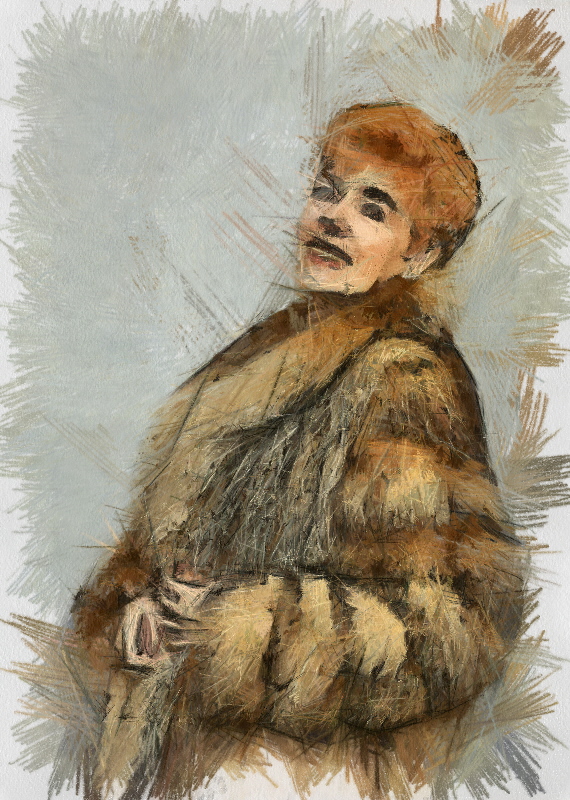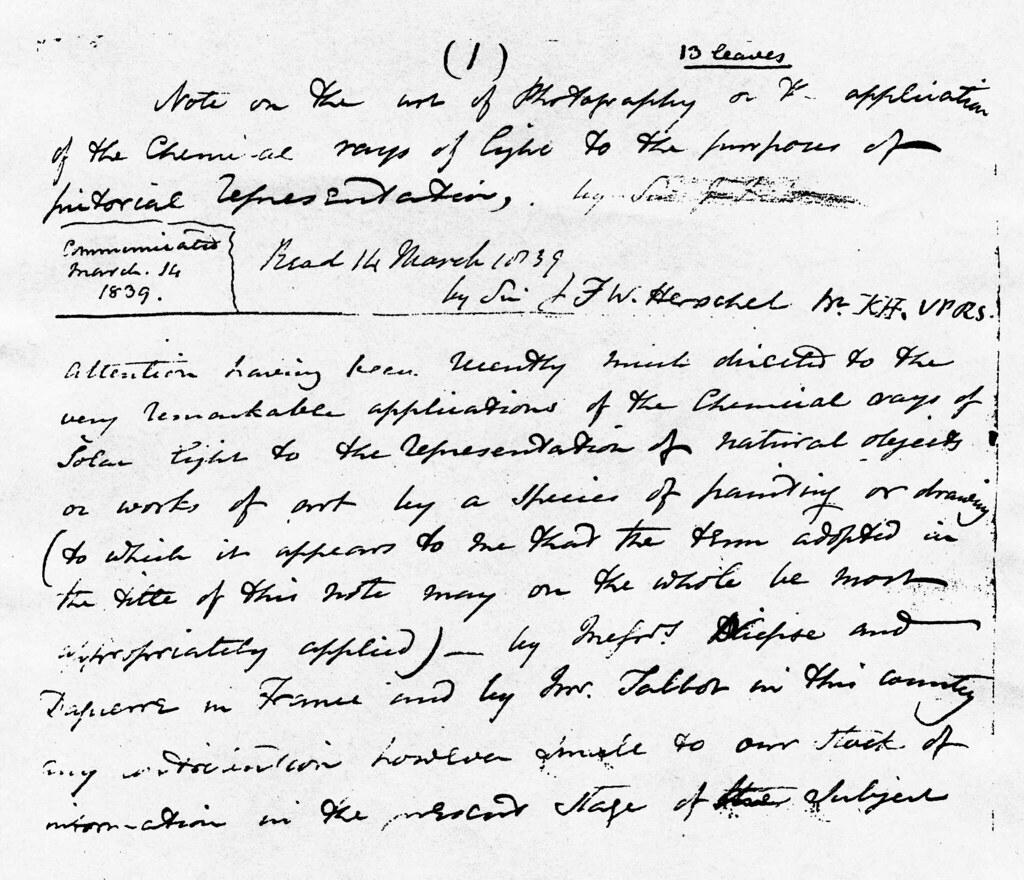................What the camera does is what the camera does - its what we do intentionally after the images comes out the camera that makes the difference - in my mind anyway. I mean I've never heard a journalist being in trouble for altering his images because of some factor of the camera he used. It is always what was done after that matters. Ditto for the same issue in wildlife photography.
Lee,
We generally exclude news, crime scene, documentation and scientifically purposed photography from discussions on art. In this group there's no allowance for any alterations to the original out of camera file. That is always kept as a reference. Only then alterations in processing to discover the contents is allowed and without limits!
With all other photography for human pleasure, marketing and entertainment, we are not only allowed to optimize the brightness and tone curves to our personal tastes or the purposes of the client, but we can also decorate the image, remove stray hair or whatever and still offer the picture as authentic. That's the custom for a hundred years or more since the birth of photography.
However, you as an individual, can at some point, say, "This is no longer registers with me as a photograph - I might like it or not - but whatever it now is, I personally won't call it a photograph. I feel that way about Bruce Jenner. Other people can recognize him as a "woman" but I cannot, so I have to accept that I am on a different wavelength, but at least it makes sense to me.
When I myself transform a RAW image to a developed first stage photograph and then gradually work with parts to achieve the esthetics that is best for my sensibilities, I risk having my work considered "manipulated". I hate that term as in social context, it has only negative and dishonest connotation. Rather I feel that the creative choice I make are akin to painting. It's not "illustration" as we're not illustrating something from a blank canvas. Rather we "transform" a digital image with hard defined boundaries to a picture where every element of shape, color, contrast, texture and detail has been evaluated and optimized to serve the intended purpose of the image today.
In the end, if everything works as intended and one hasn't overdone any of the thousands of changes, the final presentation is coherent and evokes a sense that "it is as it should be", something that has to come to "being" and deserves to live!
What's important to me is that I love the image and am thrilled with it. Whether or not others like my work is secondary. That it's no longer an actual photograph never crosses my mind. My goal is to go beyond the margins of what I thought limits me. I don't care how it's labelled, except perhaps either "Archival Pigment" or "Silver Gelatin" print. No one asks, "But is this a photograph?".
After all they're in a photo gallery and there's no P.C. police to say otherwise!
If I was asked, I'd reply, of course, it's taken with a fine Zeiss lens!" And they'd be more than satisfied!
Asher



